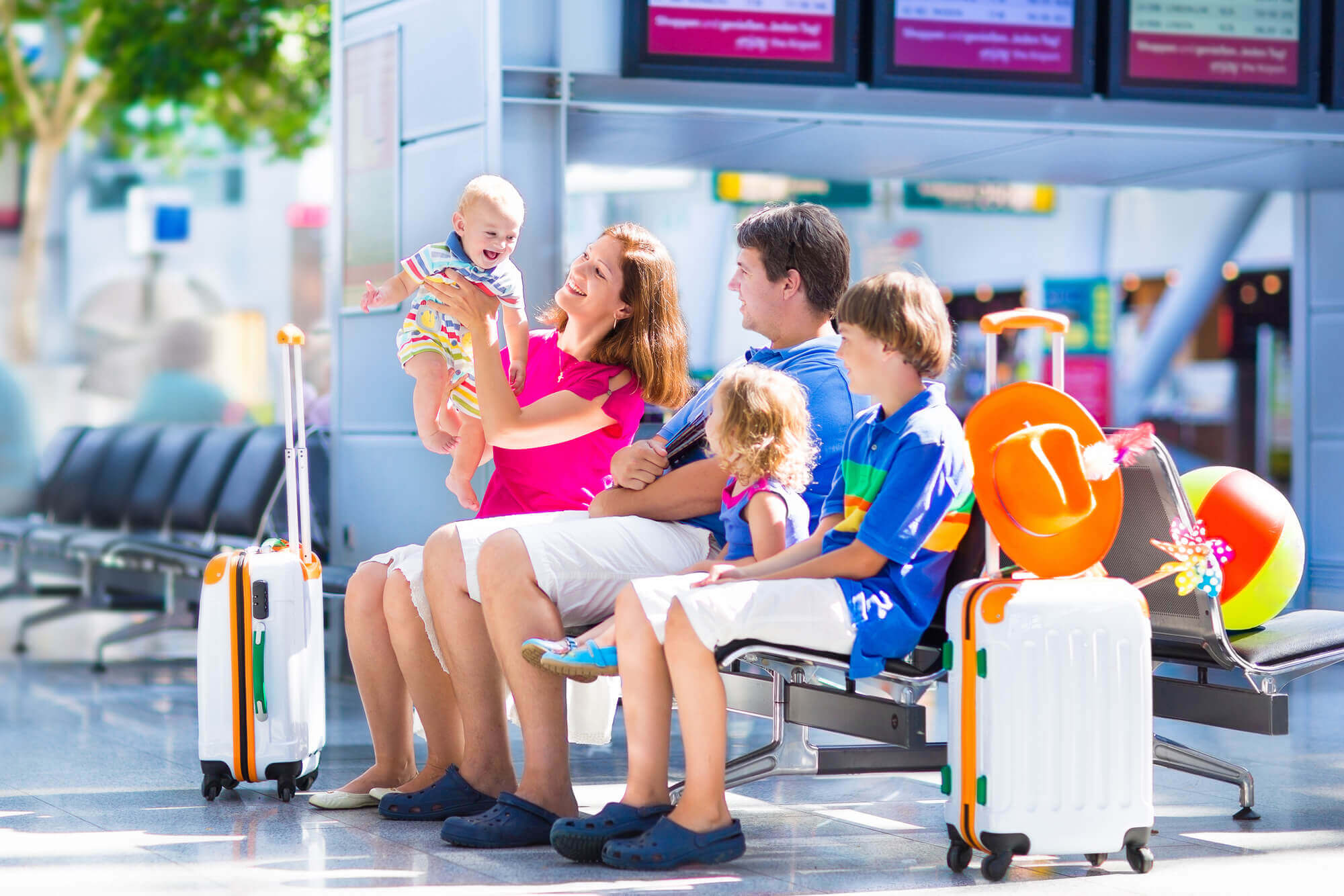
International travel can be exciting, especially if you’re experiencing a new culture, language, food, and incredible adventure that comes with time abroad. Whether you are traveling for work or pleasure, the trip itself often produces some anxiety, sickness, and jet-lag.
While it isn’t always easy, here are our top tips to feel as rested and refreshed as possible during international travel.
Get a Good Night’s Sleep Before Traveling
You are more likely to feel exhausted after international travel if you had a poor night’s sleep before leaving, regardless of how long the trip is. If possible, schedule a flight that doesn’t require a 3:00 am wake up. Give yourself a night of much-needed rest before embarking on your travels. Your body will thank you.
Leave Prepared to Sleep on the Plane
There are always factors outside of your control, but you can do your best to make conditions as conducive to sleep as possible. Try scoring a window seat, bring an actual travel pillow (or neck pillow), and don’t forget an eye mask and earplugs. Avoid screen time before you try to fall asleep and practice several minutes of deep breathing exercises to calm your system.
Bring anything else that will make you more comfortable. That might be a pair of warm socks or your favorite scarf or sweater.
Avoid Alcohol on the Flight
Free alcohol on (some) international flights doesn’t make this easy, but do your best to resist the alcohol. Booze can help you drift off to sleep initially, but you’ll be more likely to wake up shortly after and have trouble falling back asleep.
Not to mention, the last thing you want on a long plane ride is to arrive feeling hungover.
Avoid Certain Foods on the Airplane
Avoid foods that make you feel uncomfortable on a long flight. For example, Dr. Michael Breus advises avoiding seafood, because you don’t want to run the risk of getting food poisoning.
You’ll also feel best avoiding overly greasy, fatty foods (like fast food) and foods that cause gas such as raw cruciferous vegetables (broccoli, cauliflower, etc.).
Know How to Combat Jet Lag
There is no easy answer for combatting jet lag, but you can do everything in your power to ease its effects. Jet lag can seriously impact your time abroad, and in fact, one study shows that learning and memory problems caused by jet lag could last long after travel.
Dr. Breus recommends to time your flights according to the time zone of your destination. If you are flying over 2-3 time zones, avoid the red-eye flight if possible. He also reminds us to reset the body’s circadian rhythm with adequate sunlight and exercise, and by resisting naps (tempting as they might be).
Supplementing with melatonin is a popular “remedy,” but Dr. Breus suggests running this by your doctor first, as study results are mixed.
Be Prepared for Traveler’s Diarrhea
Last but certainly not least, be prepared for traveler’s diarrhea. Aside from taking basic and important preventative measures such as properly preparing your meals, choosing restaurants wisely, stick to bottled water and practice proper hygiene. It’s a good idea to be prepared with traveler’s diarrhea relief such as probiotics and DiaResQ, a food for special dietary use that provides important nutrients and is safe for both children and adults
Follow these tips to stay as rested and refreshed as possible, and arrive being able to take advantage of your time to the fullest.

![Is Your Food & Medicine Routine Impacting Your Sleep? [Sleep Series]](https://diaresq.com/wp-content/uploads/2017/11/food-medicine-impacts-sleep.jpg)